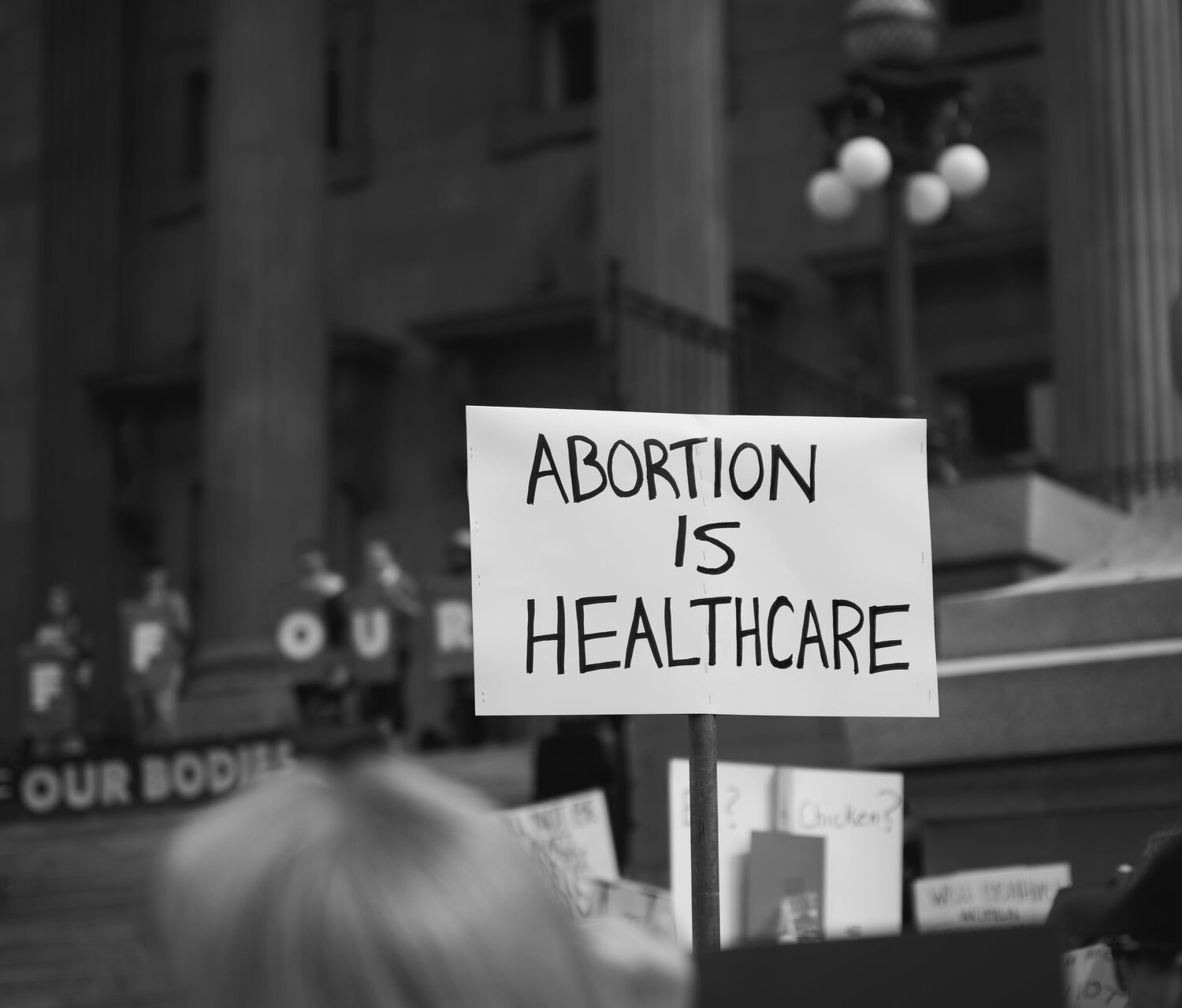TALLAHASSEE, Fla. – Organizers of a proposed amendment to the Florida state constitution enshrining abortion rights into law are reportedly confident they’ve obtained the requisite petitions to get their measure on the ballot. If they succeed, Florida voters will have the opportunity to decide the shape of their state’s reproductive health care laws for years to come. Floridians Protecting Freedom, the group advocating and organizing for the abortion rights measures, say they’re prepared to turn in 1.4 million petition signatures to the state’s supervisor of elections offices by the February 1st deadline, over half a million more than they need for ballot access. Candidates or initiatives who gain access via petition usually strive for several more signatures than needed to account for illegible penmanship, ineligible signers, or repeat signers. In the wake of the U.S. Supreme Court overturning Roe v. Wade and allowing states to ban abortion as their legislatures see fit, Florida was one of a handful of Republican-controlled governments to enact strict laws limiting the procedure. Governor Ron DeSantis has approved two different laws, one banning after 15 weeks of pregnancy and another banning them after 6. The 15-week ban is currently law, pending court cases against the stricter one. A ballot measure is seen as the most realistic path for the restoration of full abortion rights in Florida – the legislature’s two chambers are Republican-majority by wide margins, and DeSantis won re-election by a much wider margin in 2022 than he did in his first win in 2018. Amendments to the state constitution can see Florida voters stray further left than usual, particularly when they approved a nationally debated $15 minimum wage in 2020. Talks of a federal abortion ban, the choice of many Republican voters to see restrictions enacted in staunchly blue states, are stalled by the supermajority needed in Congress and the Senate to not only pass a law but override President Joe Biden’s inevitable veto. Even some leading Republican presidential candidates have expressed their doubts about passing a federal ban in this year’s primary cycle.
Abortion Rights Measure Poised to Make 2024 Florida Ballot










